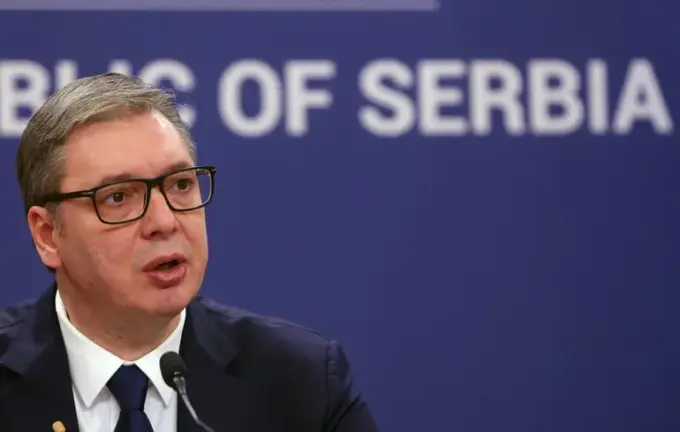Potential escalation of international sanctions against Russia: Serbia at the crossroads of foreign policy shifts

Serbia has emerging indications of possible diplomatic tensions with Russia regarding discussions on implementing international sanctions.
Officially, the country continues to refrain from imposing anti-Russian restrictions as part of its neutrality policy, but internal political circles do not rule out a course change in the future.
This was stated by the country’s president, Aleksandar Vučić, during a meeting where he received a report on Serbia’s progress toward European integration, hinting at the possibility of revisiting its stance on sanctions.
Specifically, Vučić pointed out that although the Serbian National Security Council initially decided not to impose sanctions against Russia at the start of the military invasion of Ukraine, this decision might be reconsidered at any time depending on political developments and international pressure.
He emphasized the importance of maintaining a balance between the desire for European integration and current foreign policy realities, while also hinting at potential supplies to Ukraine and diplomatic policy adjustments.
Vučić expressed hope for a quick end to the war in Ukraine, seeing it as a crucial step toward regional stability.
Earlier in July, Serbia’s Minister of European Integration, Nenad Stojanović, mentioned the possibility of imposing sanctions on Moscow once Serbia joins the EU, though Vučić dismissed this statement at that time.
The Serbian leader underscores Serbia’s commitment to progressing toward European integration but remains open to policy changes driven by evolving circumstances.

